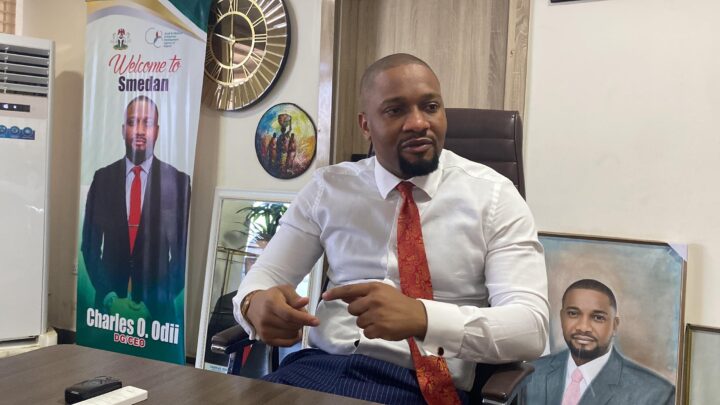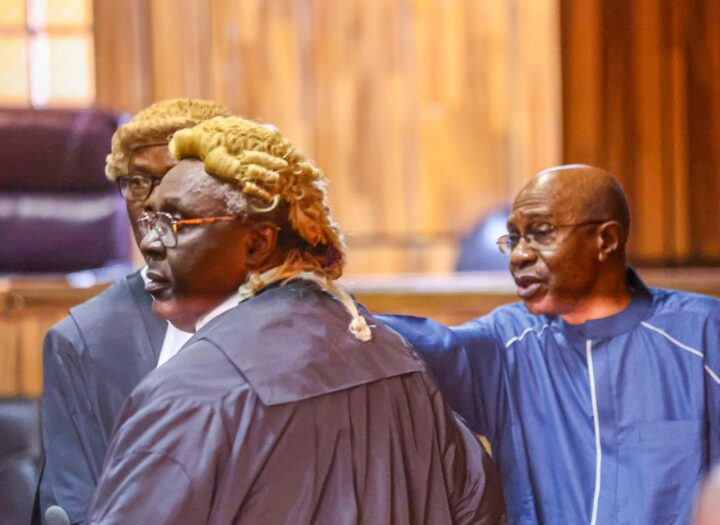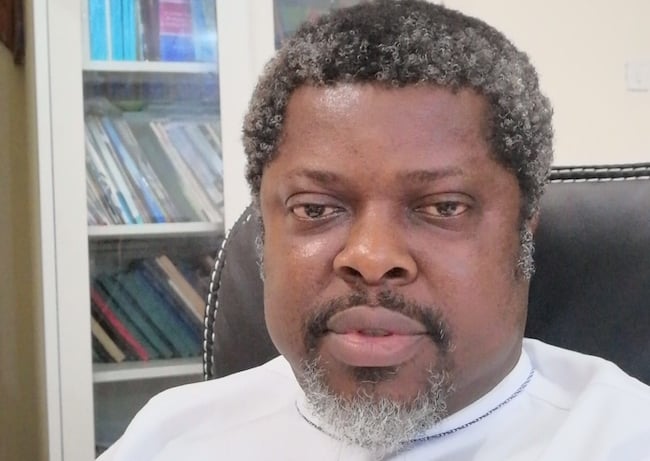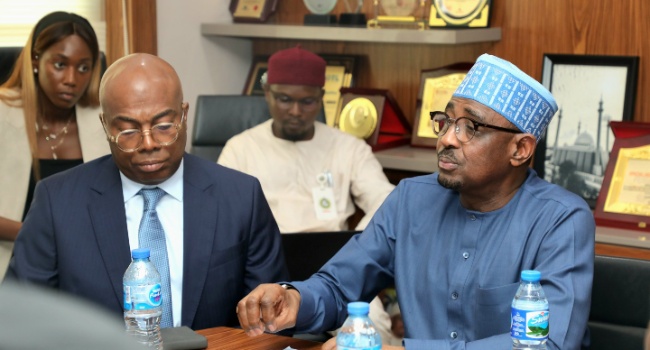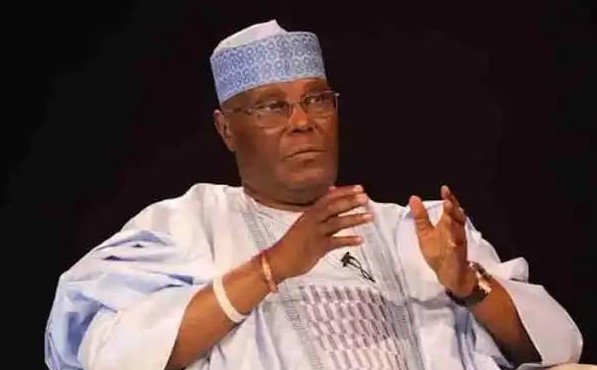President Bola Tinubu appointed Charles Odii as the director-general of the Small and Medium Enterprises Development Agency (SMEDAN) in October 2023. In this interview with TheCable’s SAMUEL AKPAN and BUSOLA ARO, Odii spoke on the innovations he is bringing to upscale SMEs in the country and what the federal government is doing to curtail multiple taxation.
TheCable: Last month, after meeting with President Bola Tinubu, you spoke about plans to remove obstacles hindering the growth of SMEs and protect them from inflation. How does the federal government intend to achieve this?
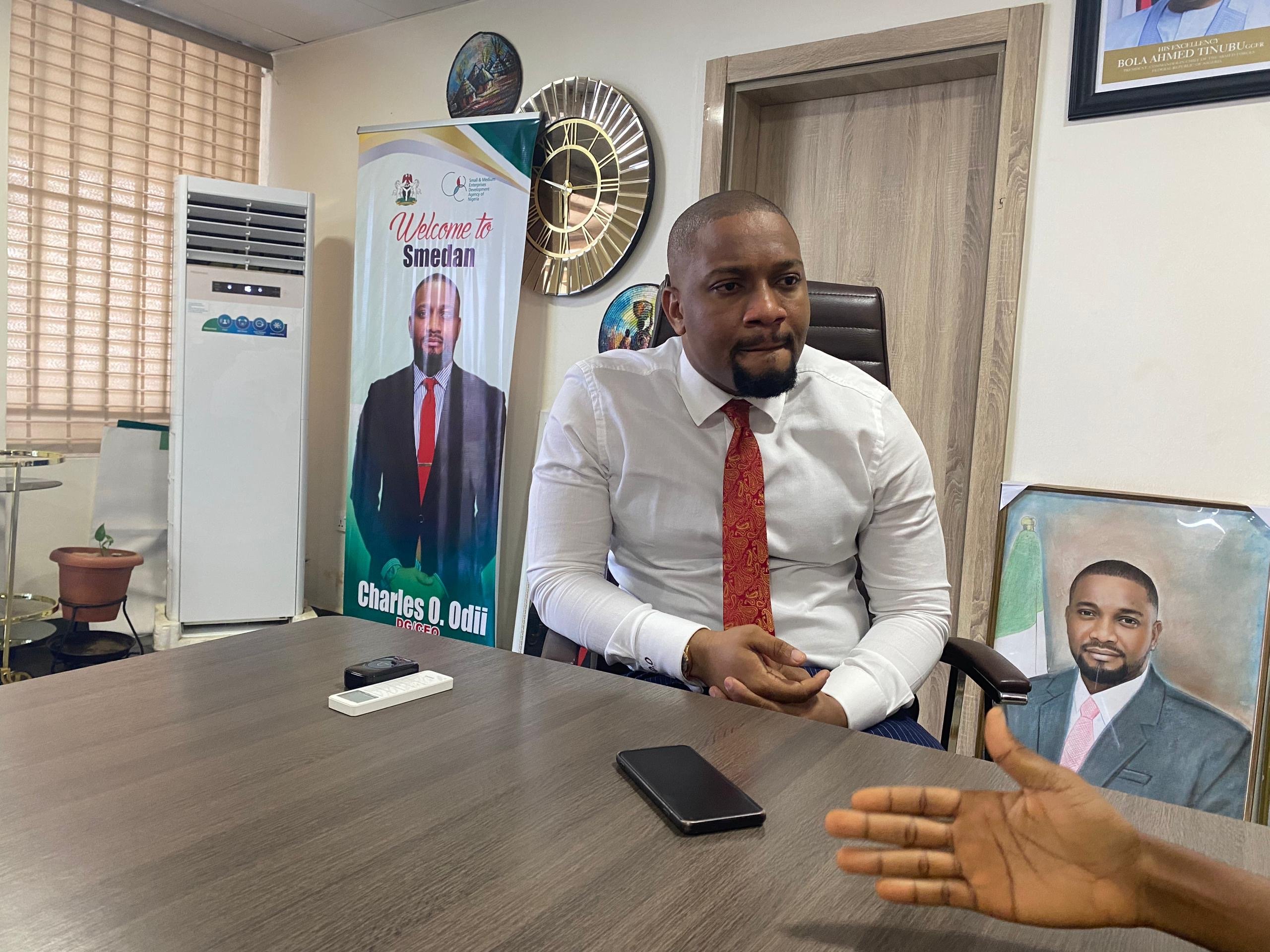
Odii: My meeting with Mr President was basically to address the issue of access to capital for small businesses, and to show him a panoramic view of the MSME sector in Nigeria. But we have started to cushion the effects of access to finance for small businesses. We understand that the government is taking measures to address inflation, and those measures can directly affect small businesses because of the cost of capital. The cost of capital is very expensive and also very scarce, but the government has now put in place measures to ease that high cost of capital for small businesses.
So, before now, the president announced a N200 billion intervention, where N75 billion goes to manufacturers, N75 billion to SMEs, and N50 billion to MSMEs, and those are the nano and micro businesses. For us at SMEDAN, you are aware that we signed a memorandum of understanding with a bank for N5 billion where small businesses can get access to capital at a single-digit interest rate for the purpose of work capital, workplace procurement, and also for work equipment. We believe that if small businesses access these funds, they can start and upscale their enterprises in Nigeria. Also, we are taking it a step further by signing a memorandum of understanding with different state governments.
Advertisement
We signed N1 billion with the Katsina state government. So, small businesses in Katsina can access that fund for work, capital, work equipment, and also for work procurement. We have done the same in Enugu and Anambra. We are continuing to broaden the horizon to democratise access to funds. Because we understand that Nigerians are entrepreneurial, they are the people who make a lot of things. So, if we give them that push and make sure that lack of access to financing is a thing of the past, we believe we will get entrepreneurs booming in Nigeria. In doing so, we are sure it would increase employment and reduce unemployment in Nigeria.
TheCable: How easy is it for small businesses to access funds?
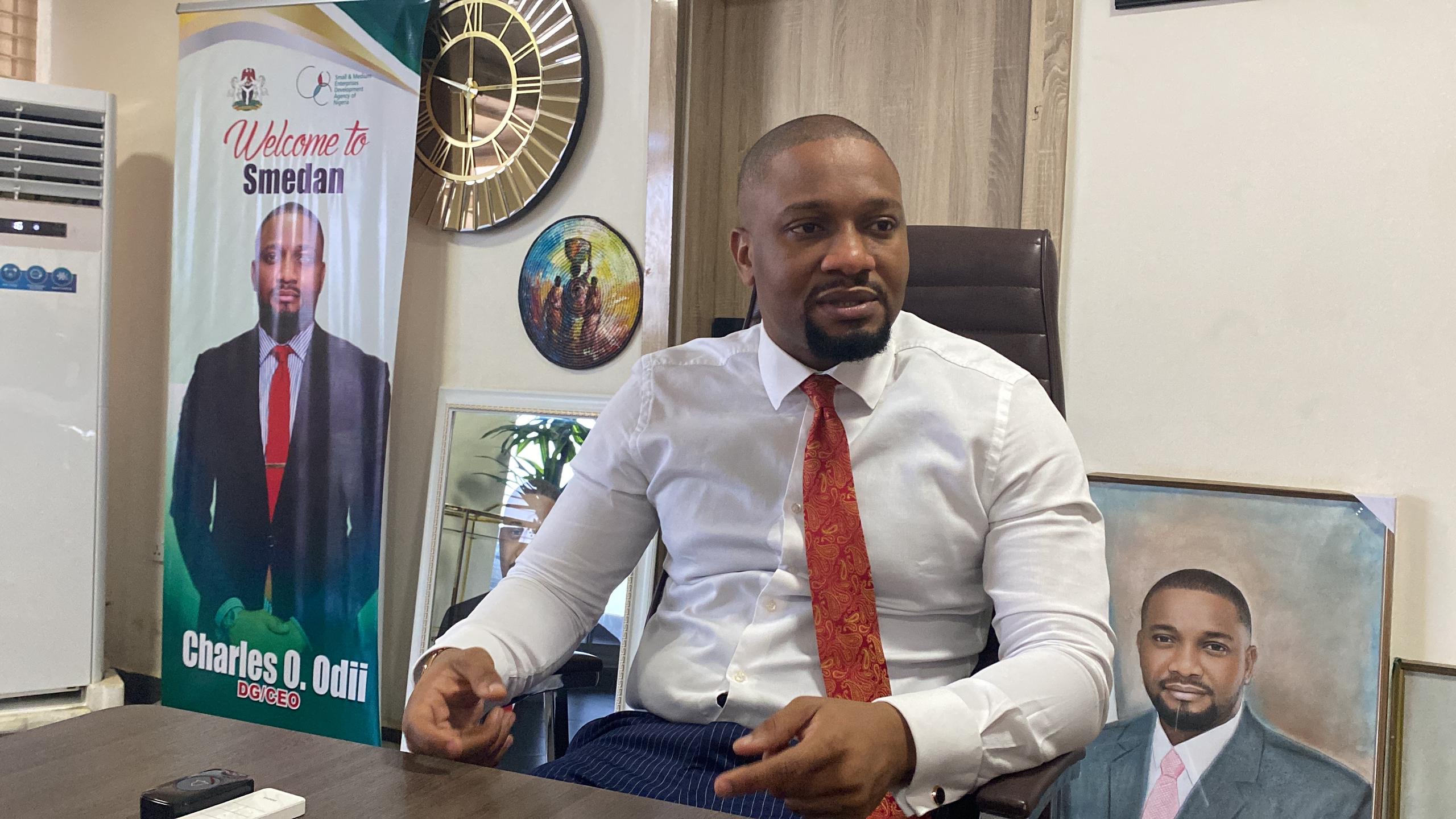
Odii: For the grants, it is pretty easy. You can register with your local communities. We want a son of nobody to access the grants without knowing anybody. That is why we are deploying technology so that it is easy to apply. Put in your biometrics, and then you get the grant. We have gotten thousands and hundreds of thousands of pieces of feedback from people who have accessed the funds.
Advertisement
In terms of the loan, the issue to a large extent is that a lot of small businesses are not adequately prepared to access it. Many of them have seen government intervention in the past as grants. So, lack of preparedness has hindered many of them from accessing it. What we are now doing from an agency perspective is basically equipping the small businesses to build the capacity to assess the loans.
Many of them do not have the capabilities. Many do not know how to apply, and many don’t even know that this exists. What I found out after seven months of being in office is that the government is doing a lot but the bridge between what the government is doing and the people that the government is doing this for is not built yet. So, we are trying to build that bridge by disseminating information through our social media handles, using some influencers to send them information, holding town hall meetings, and using some of the community heads to push information down to the bottom. We think that is working. I see a lot of applications. But it is not enough. We also need to build the capacity of these people who need to access the funds.
TheCable: In November, you signed an agreement with a bank to provide N5 billion in loans to SMEs across the country. What is the update on the single-digit interest loan? How many states and SMEs have benefited?
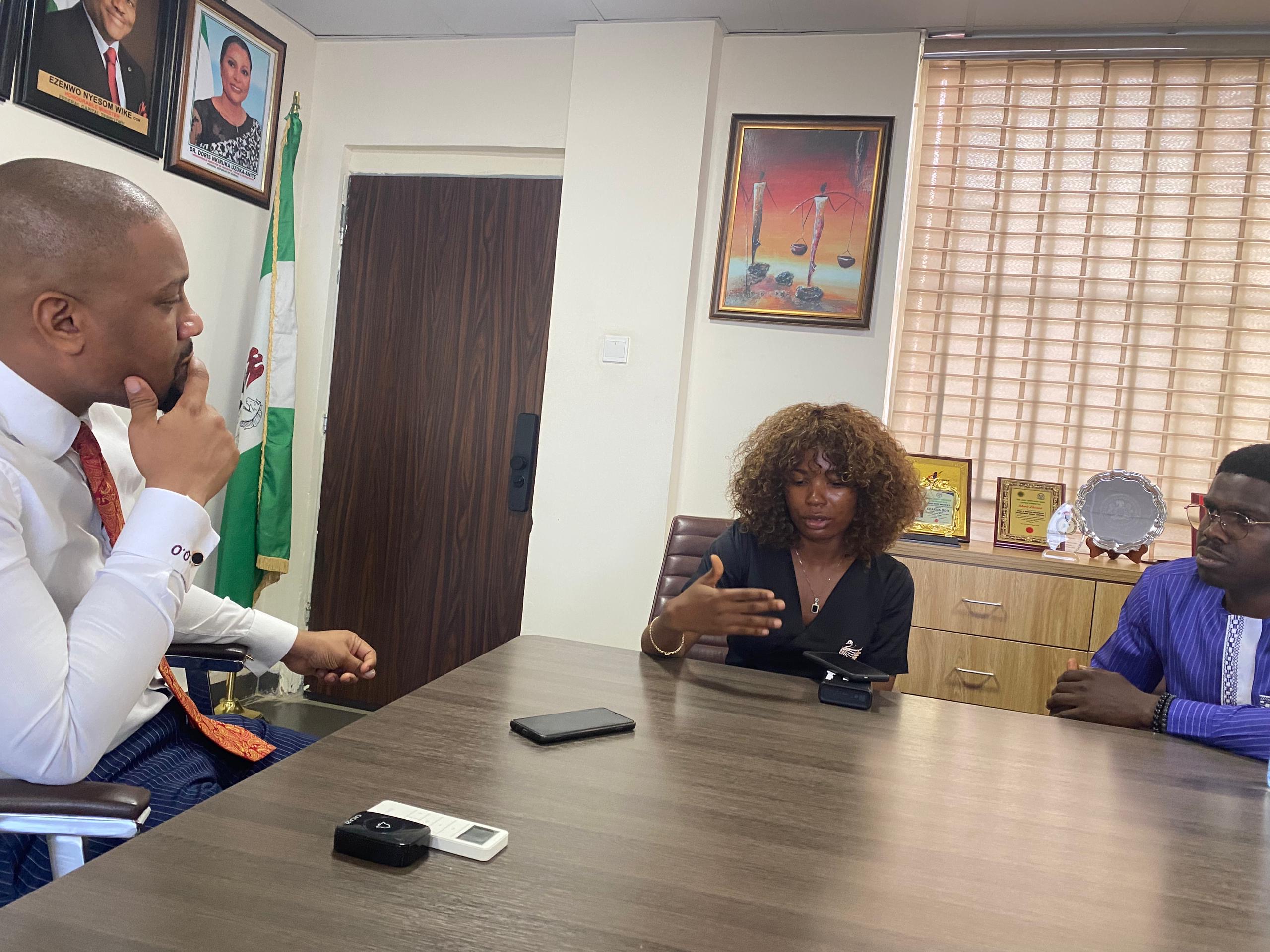
Odii: In terms of the funds that have been disbursed, we will, at the end of the quarter, take stock of all the people that have applied. In our last count, I know that over 300,000 people have applied and I know that 10% of that are undergoing the review process. Our disbursement is different this time. We are not just getting applications and giving the money, we are also getting the applications, and names of the people so that those who do not get the funding can be taken into a training programme to identify what the problems are so that they can also get access to other kinds of funding. If you apply for N2.5 million and you are not qualified for it, we will review and see how much you are qualified for. Maybe you qualify for N100,000 which means your business needs N100,000 at this time. From there, you can begin to scale.
Advertisement
TheCable: One key sector that the agency talks less about is agriculture. Does SMEDAN have plans for the agricultural value chain?
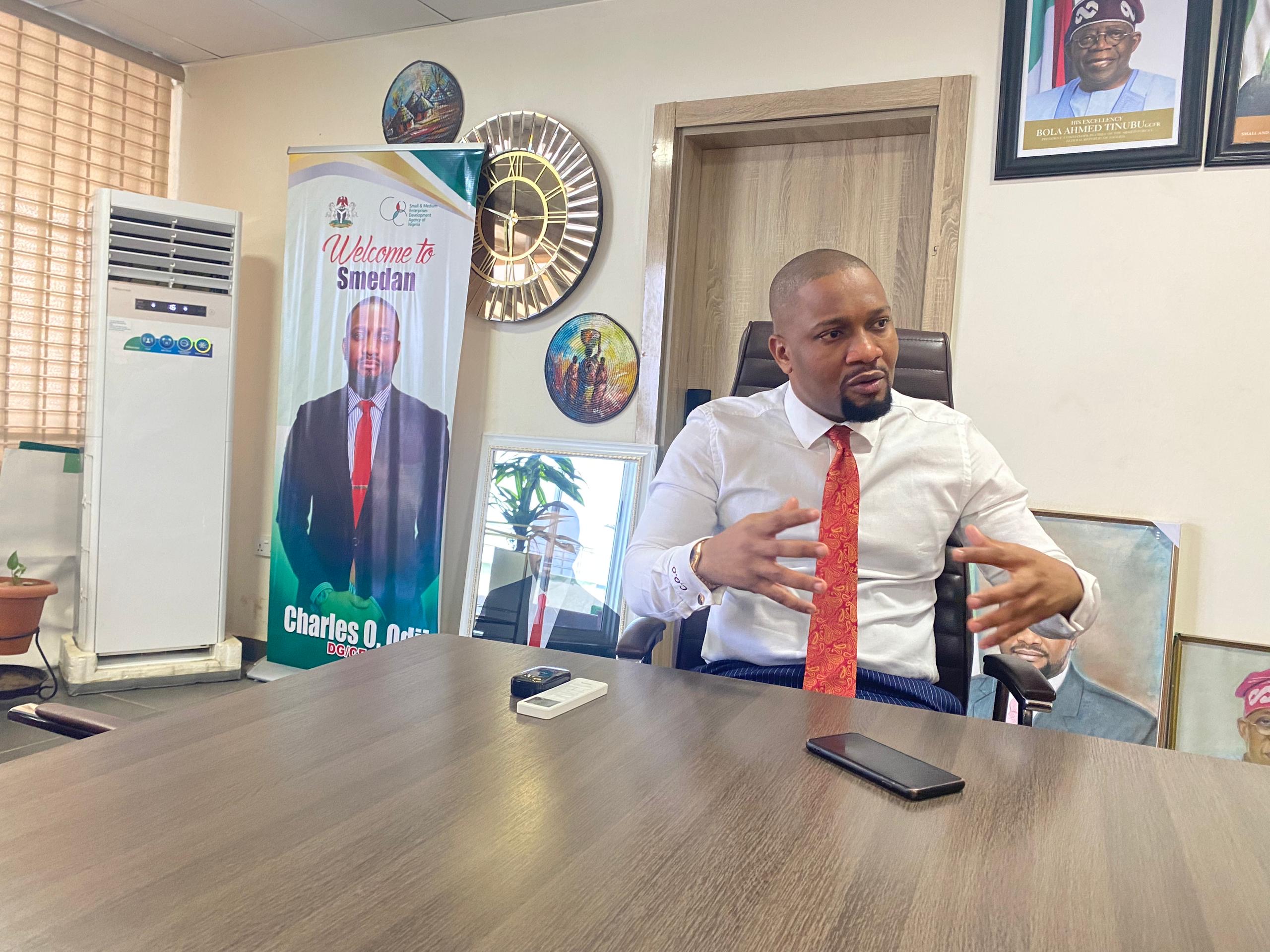
Odii: We work with a lot of data, and approximately 30 to 40 percent of our small businesses are smallholder farmers. In line with his excellency’s food security mandate, we are now providing three things for these smallholder farmers. The first is teaching them about global best practices, from the kind of seedlings that they should plant to how to harvest some of these plants.
What has happened is that the reason some of our products are not exportable is because the process of even planting was wrong. Some of our beans, for instance, because they add some kind of preservative to them, are not exportable. We are teaching them, first of all, the best global practices on how to plant, especially because we have the global part as the end goal and for better local consumption. We are now building the whole value chain. Our mandate for those SMEs is GROW. G is for guidance, R for resources, O for opportunities and W is for work or support.
We are giving small businesses all the guidance, resources, opportunities, and support they need to start asking for direct assistance. This mandate is metamorphosed into seven priority sectors that were chosen as an agency and the first is agriculture, which is EAT NIGERIA.
Advertisement
For us, EAT Nigeria is all the sectors from livestock to crop production, animal husbandry, horticulture, and everything basically from farm to table. We are developing the whole value chain from what you need, such as fertiliser, tractors, machinery, etc. Next is WEAR Nigeria. We are now supporting every industry in hide and skin, leather, and garment/ apparel. We’re making sure that they get all the guidance, resources, opportunities, and support they need to grow and scale. We are doing the same thing for tourism, VISIT Nigeria; manufacturing, PRODUCE Nigeria; creative industry, WATCH AND LISTEN NIGERIA; educational sector, TEACH Nigeria; and lastly, the services industry, PATRONISE NIGERIA.
We met with the comptroller of the prisons and the IG of police to provide security for smallholder farmers in the inner cities and rural areas. One of the things that we are also doing is one local government, one product initiative. This is where we are going through all the services in the 774 LGAs, looking at all the products we can harness for local consumption and exports. For these, we are providing funds to the cooperatives, 70 percent as loans and 30 percent as grants.
Advertisement
All the farmers in these cooperatives can access these funds for farmlands to buy equipment and also for working capital. We have different industrial centres where we will be warehousing some of the concepts; so, in addition to negotiating with uptakers for farmers, we are now in the process of helping them develop and attend to them in terms of warehousing in the 36 states where they can be kept before evenly distributed. In terms of distribution, we have signed a memorandum of understanding with the top logistics companies in the country to help move the products from the farms in the rural areas to the urban areas. We are in the process of talking to NIPOST to help with that.
TheCable: Anchor borrowers and other initiatives or developmental funding have been suspended by the CBN due to recovery issues. How is SMEDAN recovering loans from SMEs?
Advertisement
Odii: First and foremost, the information surrounding the disbursement is very clear. It’s a loan and not a grant. It’s not free money; it’s not money you use to buy beer. This is the money you need to build your business and make huge investments. For us as an agency, we are disbursing with commercial banks. What happened in the past was that if you had pre-existing loans and you came to us, we might not know; then we fell into the risk of giving the money.
So, if you already have an existing loan, you have to repay before you are given another one. The commercial bank is not going to be chasing you from pillar to post to pay back. The bank will deploy all the risk assessments before you get the funds. To a large extent, this is the reason why disbursement has been low and a lot of people have not received the funds. They do not think that they will pay back and do not know how they will pay. Since we are using the bank’s system, they are asking those necessary questions, such as what their balance sheets look like, operations and day-to-day spending. When they look at that, they can now advise us on the kind of sum they can get.
Advertisement
Many people are applying for N2.5 million or more but their balance sheet doesn’t support this request, per the bank assessment. That is where we step in to offer advisory services for those who cannot match the sum they are asking for. Also, we make sure that their capacity is built to access the funds.
TheCable: SMEDAN had disclosed its readiness to address socio-economic challenges affecting PWDs. What progress has been made in this regard?
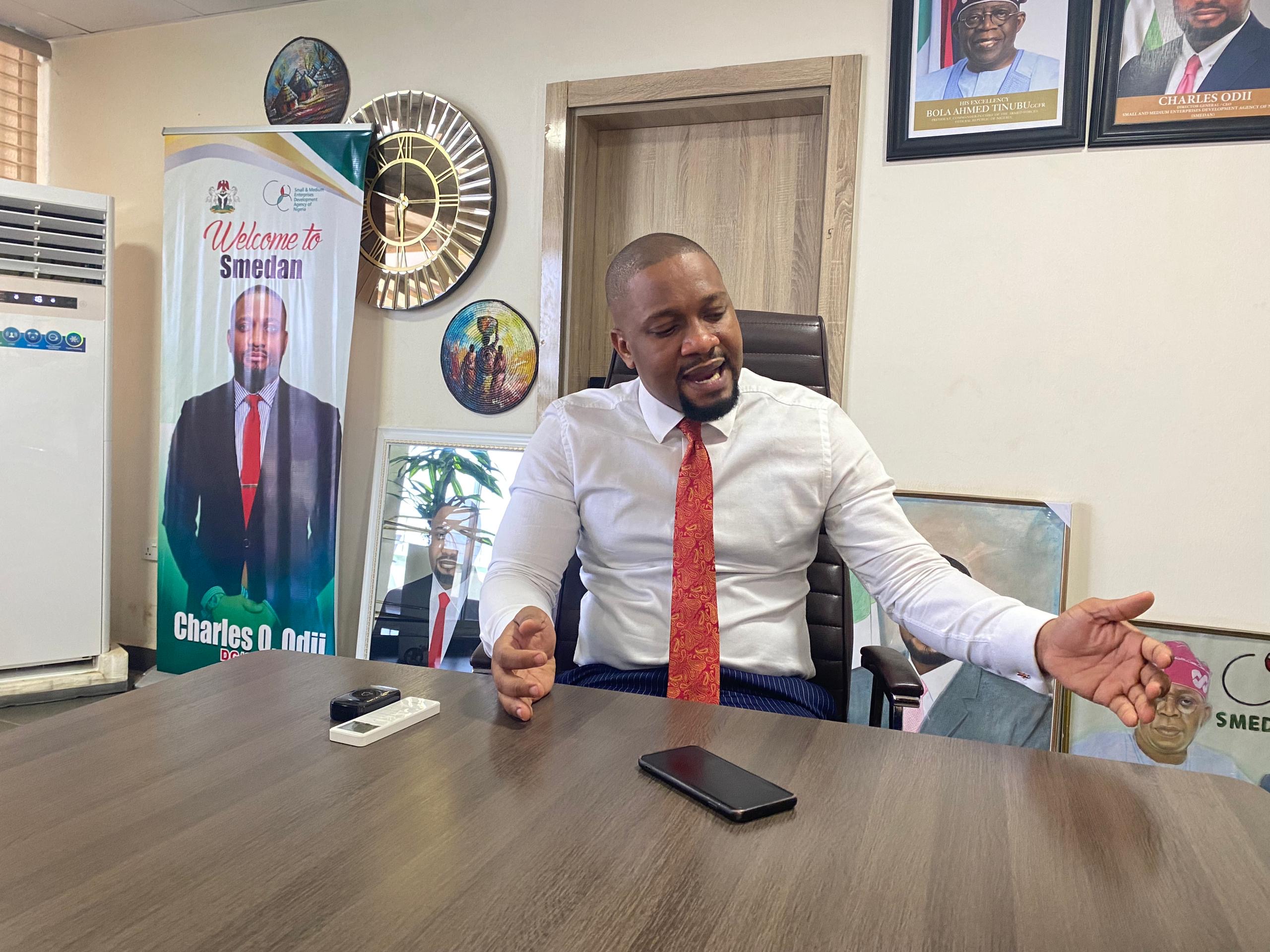
Odii: We have enacted 20 percent of our programmes for vulnerable people. For us, minorities are those living with disabilities, the elderly, and young entrepreneurs who are just starting their businesses. If you look at some of our programmes, you will see that the only way is to also build the capacity of these people living with disabilities — making them realise that their condition should not hinder their progress. Thinking meticulously about those people also helps with the programmes that we do. Special consideration is given to them. Also, there is equity. The most important thing we have done is build the capacity of those people. First of all, with a mind orientation or mind shift, making sure that that condition does not incapacitate them, they can do more and contribute to the growth of Nigeria.
TheCable: Tinubu’s administration stresses ease of doing business, but businesses are winding up while some are leaving the country. What is the solution?
Odii: We also have data on small businesses that are coming to the country. Some people are relocating. I have a very interesting story about a gentleman who went to Canada and sold his car. He had to call one of his business partners to say he made the wrong choice and he wants to come back. This is because it is easier to navigate through a lot of terrain in Nigeria if you are a Nigerian than when you are out of the country.
For those people who are leaving, it’s a sugar and ant situation. If you want to get 10 ants here right now, all I need to do is put honey or sugar here, and you will see them coming around from wherever they are. I think that the first thing is the incentives for businesses. On December 1, 2023, we constituted a national council of SMEs. This council of SMEs is chaired by his excellency, the vice president, and I act as the secretary. This council is cascaded to different states, and at the different states, the governors are chairpersons of this council. The number one job of the council is to move the bottlenecks of business across the 36 states and the FCT.
We are advocating for small businesses. You see us at the forefront of the conversation where the shop rents have gone up or where the government is demolishing some marketplaces because we have to advocate for these businesses. We work with data, and we saw that in the last two years, we lost millions of businesses due to circumstances beyond our control, like floods. Others were due to insecurity. In Port Harcourt, a major market was closed. We are speaking with the state governors to advocate for these small businesses to get more favourable policies. Also, this council serves as a work-stop-shop for everyone who wants to start, grow, and scale up their businesses.
One of the other things we are doing to reduce costs for these small businesses and ensure they do not leave the shores of this country is to provide the infrastructure for them. Right now, we have conducted a needs assessment to understand what the needs of these small businesses are. Our needs assessment in Abuja showed that people are interested in woodwork and carpentry. So, what we did was set up a carpentry factory where small businesses could book a time, come here, manufacture, warehouse, and distribute to anywhere in the country. We also set up a fashion, textile, and leather work factory in this SMEDAN complex where small businesses can get a loan, buy their material, bring it here, sew their clothes, and then they can go and sell. We also set up a recycling plant where waste from the factory can be used to make shoes. We also have an agro processing plant in the complex.
What we are trying to do is reduce the cost of these businesses. It means that we are democratising access and ensuring the barriers to entry are very low, making it easy for people in the prioritised industries. You can go and start something in little or no time. We want to test it in other states as well.
TheCable: Is SMEDAN looking to adopt AI as a business diagnosis tool?
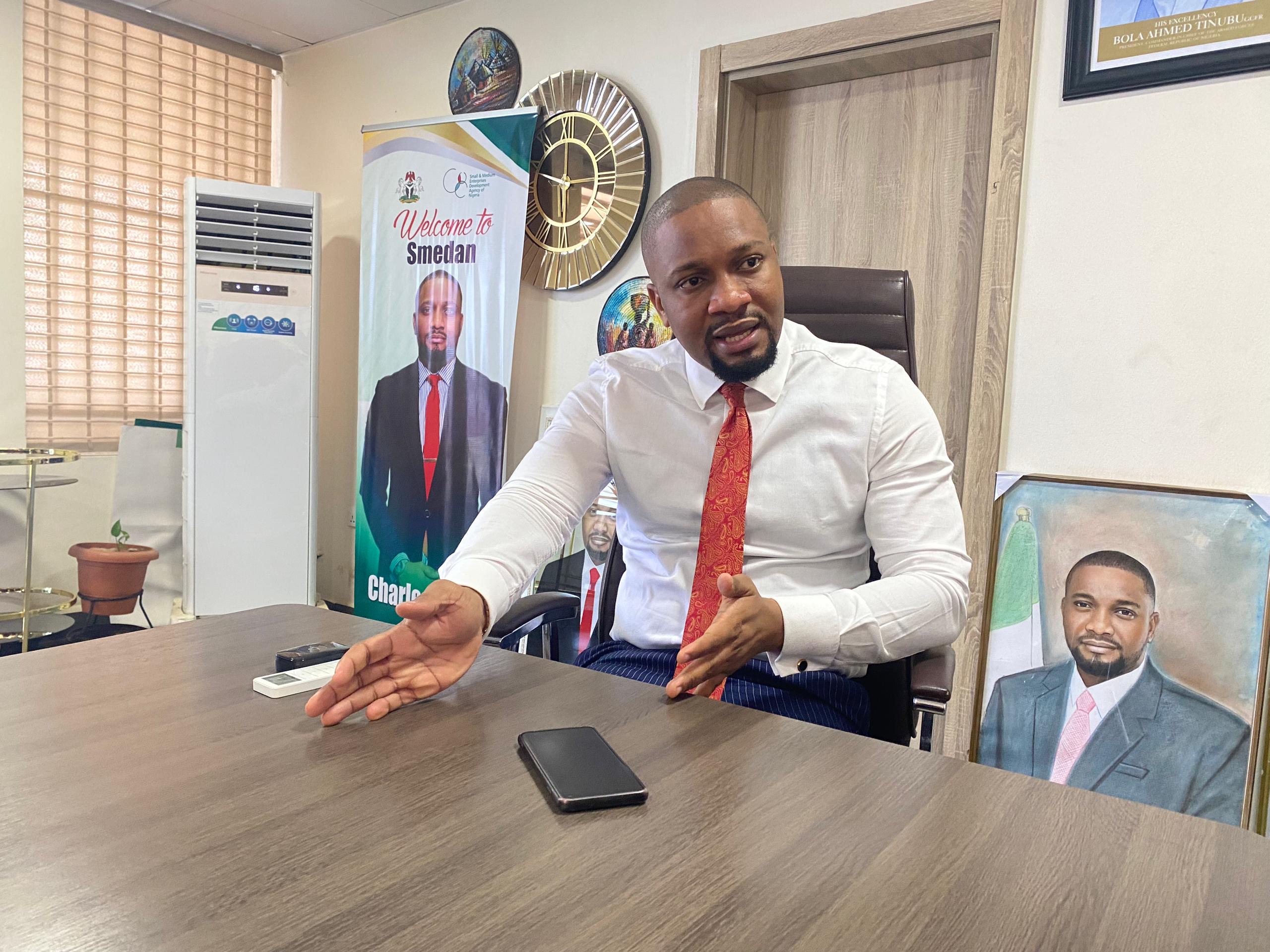
Odii: We are in the process of building a platform where we would first of all do some know-your-customer (KYC) on some businesses and onboard them on the digital platform. We believe that, for scale, technology is the great enabler. We need them to actually build a platform for scale.
Also, digital literacy is crucial, and we are very grateful to Microsoft for partnering with us to teach AI to our small businesses. From our last AI capacity training, we could tell that small businesses are already enthusiastic about how AI can help them make more sales. One of the reasons we do this is because we want our businesses to compete with their counterparts in different countries that have taken advantage of AI.
We want AI to be the bedrock of the future of doing business in Nigeria, and so we have sporadically begun giving them the resources, enabling them to take advantage of AI. We also have a sister organisation called the National Institute for Technology and Development Agency (NITDA) that has partnered with us on this. Before the end of Q2 2024, we will share the number of entrepreneurs that we have trained on how to leverage AI for business growth.
TheCable: Levies and taxation are major regulatory concerns for SMEs. Shouldn’t the government waive taxes for SMEs, at least for the first three years or so?
Odii: The president set up a presidential tax reform committee led by Taiwo Oyedele and SMEDAN is a part of the committee. I can tell you categorically that before the end of this month, all those multiple taxes that the chairman of the committee labeled ‘nuisance tax’ would eradicate by the time this report is published. The report should be published in the next few days.
Now, we hear about the multiple taxation, about taxes at the local level, the state level and at the federal level, and people not understanding the difference between all of the taxes. What I can say is that all these different tax bodies at different states will be harmonised and work with the Federal Inland Revenue Service (FIRS). They would be considered as different departments in one company, with FIRS as the mother company.
So, what this would do is that it would help to ease the burden on small businesses and I can also tell you that right now, if you’re doing less than N25 million in terms of revenue, you don’t pay tax. That amount will significantly shoot up. I can tell you for a fact but I wouldn’t give the amount now. I will not let the cat out of the bag, but I will tell you that when the price has gone up. Part of the effects on small businesses is that it gives them breathing room, and then small businesses will be able to do more and produce.
In addition to that, we are providing this infrastructure so that where you can’t buy any equipment, you just come and use our equipment, produce and sell. We are taking away the cost of buying the machine from you, maintaining the machine, and the cost of power by providing an industrial development centre. With these two things, making better policies for small businesses to thrive and providing infrastructure and capital will, we believe, have a ripple effect for businesses
TheCable: What do you aim to achieve for MSMEs during your tenure?
Odii: The legacy I would like to leave back in SMEDAN is one of a digital driven legacy. Using data to make informed decisions and leveraging technology for scale. We are building a platform for small businesses that do not know where to start.
With AI, we can help you find your place on the runway. From where you are, you can see clearly where you ought to be. We are also very big on youth and women in businesses because we launched a desk for that. We are big on climate and green energy and we launched a desk for that. We want our small businesses to start thinking in that direction, to start to think about saving the planet or start something about sustainability and start to think about how they can start driving this sustainability knowledge as they do business.
Also, one of the things we are hoping to achieve in the next few months is to build this digital or AI platform to help small businesses across the 36 states and the FCT. We also want to help at least a million small businesses with capacity, especially in terms of financial literacy.
